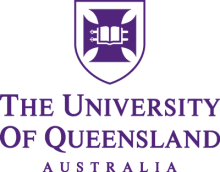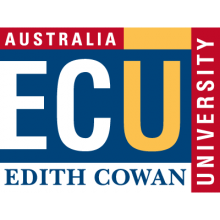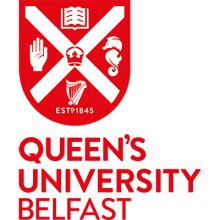About Institute of Space Technology
Founded in 2002 in Pakistan’s capital, Islamabad, IST was the creation of the country’s National Space Agency. It aspires to "foster intellectual and economic vitality through teaching, research and outreach in the fields of space science and technology, with a view to improving the quality of life".
Its vice chancellor, retired General Rehan Abdul Baqi, promises students “a bright, promising future in concurrence with your dreams”.
Rated sixth out of Pakistan’s 19 technical universities in the Higher Education Commission’s rankings for 2022, IST offers undergraduate courses in maths, physics, computer science, space science and five engineering disciplines: aerospace, avionics, electrical, materials and mechanical. Since 2019, computer science, computer engineering and physics have also been offered to IST students based in Karachi.
There are 10 master’s options, two offered through the National Centre for Remote Sensing and Geo-Informatics, six doctoral programmes, with advanced degrees offered in collaboration with Beihang University, Northern Polytechnic University (China) and the University of Surrey.
The annual display of final-year projects – there were 190 in 2023 – is a major event for Pakistan’s employers of highly qualified technical talent.
In 2013, IST launched Pakistan’s first i-Cube satellite, and its observatory is equipped with three of the most powerful telescopes in the country. It runs regular summer schools and astronomy camps.
Overseas applicants can compete for Al Khwarizimi scholarships, which pay tutorial fees, a stipend and one return air ticket.
Explore these featured universities
Explore rankings data for Institute of Space Technology
Compare universities on their key stats
Key statistics
- 2,301Number of FTE Students(1)
- 22%Proportion of ISR Publications(1)
- 0%Percentage of International Students(1)
- 12.2No. of students per staff(1)
- 29 : 71Student Ratio of Females to Males(1)
Subjects taught at Institute of Space Technology
Engineering & technology
- Mechanical & Aerospace Engineering
- Electrical & Electronic Engineering
Physical sciences
- Mathematics & Statistics
- Physics & Astronomy
Computer science
- Computer Science










